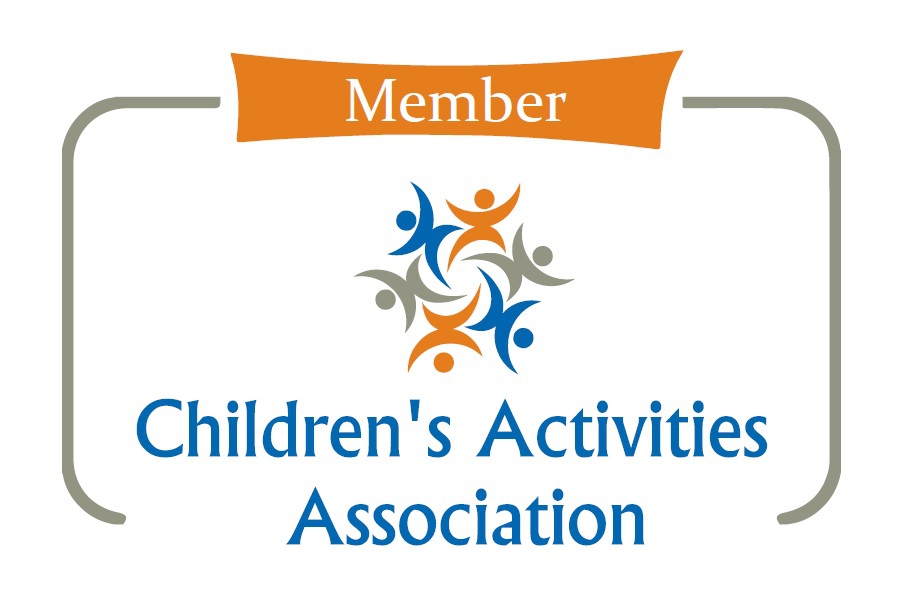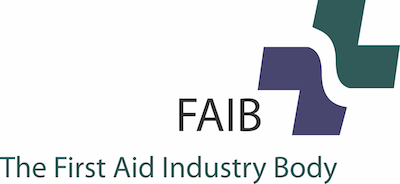Drowning accidents involving children and young people are tragedies that should never happen and could be prevented with simple water safety advice.
This week is Drowning Prevention Week and we are joined by The Royal Life Saving Society with their top advice for water safety.
Shockingly, latest statistics indicate that 56 children of primary school age drowned in the UK over the last five years, and 98 pupils of secondary school age.
This year, drowning prevention charity The Royal Life Saving Society UK (RLSS UK) is ramping up its Drowning Prevention Week campaign activity in an increased effort to cut down the number of drowning incidences that happen every year.
More than 700 people drown in the UK and Ireland every year and thousands more suffer injuries, sometimes life changing, when they survive drowning.
In a recent survey conducted by RLSS UK, almost 60% of parents who had children aged 11 or under said they would not be confident their child would know what to do if they fell into open water.
Drowning Prevention Week - supported by the Department for Education, RNLI and Swim England - aims to promote water safety education to everyone in the country.

RLSS UK Interim CEO Rick Tazzini said: “Most people are surprised to learn that you are more likely to die from drowning than you are from being hit by a car or in a fire. We believe that the majority of drowning incidents can be prevented, especially with children.
“Not only are we trying to keep children safe, we hope that grass roots education will help them take the messaging into adult life, helping them to make better decisions.
“We urge as many people as possible to take advantage of the campaign and learn what could be potentially lifesaving skills”.
Make sure children can stay safe near water by teaching them simple precautions:
· Stop and think - encourage children to look for dangers whenever they are near water. Read all signs near water and only swim where there are lifeguards
· Stay together - never swim alone. Always go with family or friends
· In an emergency, shout for help and phone 999 or 112
· If you do fall in, float or swim on your back
Don’t forget that water safety begins at home:
· Fence off garden ponds
· Empty paddling pools after supervised use
· Supervise children’s bath time
· Join a swimming group that teaches babies and children the correct swim practice from an early age
· For peace of mind all parents should learn basic first aid and know CPR - book your class with Mini First Aid today
For more information on Drowning Prevention Week please visit The Royal Life Saving Society UK







